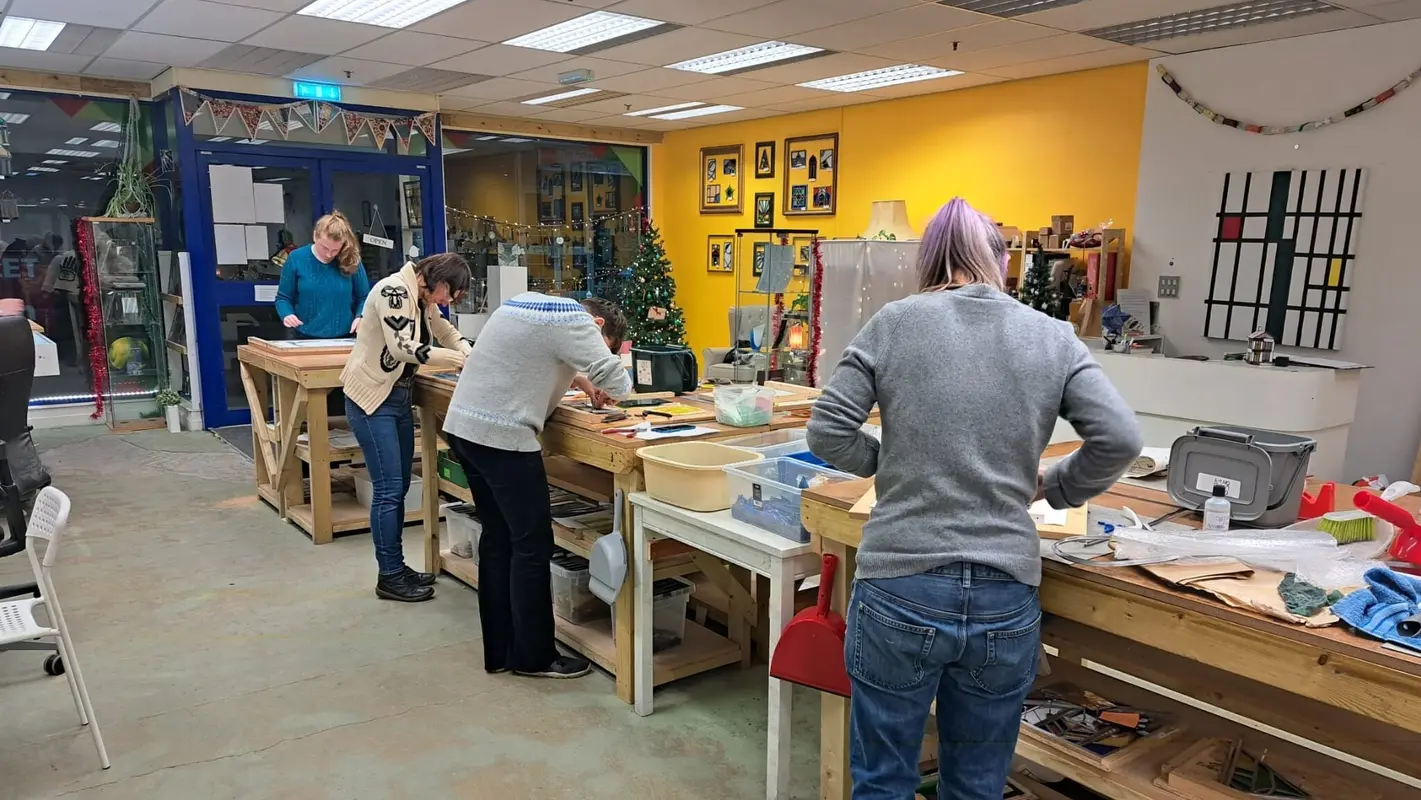This discussion paper is a case study for how to drive growth within creative clusters through investment into skills. The project, from researchers at Work Advance, explores investment into skills in a specific local area, the Thames Estuary region.
Download the Executive Summary
Focusing on the Thames Estuary allowed the researchers to learn lessons from the delivery of local skills programmes which were already being customised to the needs of the economy, and, hence, to local creative employers. The research aimed to identify and share best practice, drawing lessons from what others have practically tried, as a basis for wider learning in other regions.
The Thames Estuary Production Corridor
The Thames Estuary Production Corridor (TEPC) Vision was launched in 2017 as a major partnership project across the Thames Estuary for the Creative Industries. It represents a considerable opportunity to study the impact of local skills policy.
The TEPC Vision has been backed by the Government, through its Cultural Development Fund. As it result, TEPC can capitalise on the area’s creative assets, rich cultural and economic heritage, specialist expertise, and strong established networks.
The TEPC Vision is centred around 30 creative sites. Its goal is to increase investment and customise action locally to support the needs of local creative clusters. To do this, the TEPC Vision is bringing together multiple funding and policy tools, covering planning, innovation, business development and enterprise, and most crucially for this study, skills.
It seeks to provide a supportive local infrastructure, unlocking long-term, transformational, culture-led improvements across East London, North Kent, and South Essex. First established by the Mayor of London and the London Economic Action Partnership (LEAP) and the South-East Local Enterprise Partnership (SELEP), the TEPC project has grown to bring together the work of wider local partners, including 18 local authorities, local businesses and multiple education providers, including universities, schools, colleges and private providers.
Growth through skills
The current Government has indicated that it wants to support policy making that improves places by designing interventions that can fit the local context. Because of this, the research authors were interested in learning lessons around locally driven skills investments and initiatives.
This project research was conducted in three phases. It first sought to explore the key priorities and distinct features of the TEPC Vision, and the position of skills interventions within it, alongside a wider package of support.
It then aimed to understand the strengths and the distinctiveness of the skills offer itself within the Estuary for the Creative Industries.
Finally, it has reviewed how the local skills system has had to respond to both external changes, such as Covid-19, and more generally to ongoing policy developments.
The research concludes by outlining six priorities that policy makers should consider when designing regional skills programmes. This will help future-proof local skills systems and ensure continuous improvements and effectiveness in a modern dynamic economy.
Please reference this paper as:
Giles, L. and Carey, H (2021) Growth through skills: Lessons from the Thames Estuary Production Corridor. London: Creative Industries Policy and Evidence Centre and Work Advance. Available from: https://www.pec.ac.uk/discussion-papers/growth-through-skills-lessons-from-the-thames-estuary-production-corridor
Photo by Eve Woodhouse on Unsplash
Related Discussion Papers
Demand for Creativity and AI Skills in the Post-ChatGPT Labour Market
This study examines the evolving relationship between employer demand for creativity and AI skills i…
Regional Trade Agreements, Cultural Provisions and Trade in Cultural Goods
Analysing the impact of Regional Trade Agreements on the bilateral trade of cultural goods from 1999…
International Trade Challenges and the Effectiveness of Support Measures for the UK’s Creative Industries
The formidable challenges confronting the UK’s creative industries in the realm of exports, st…
Northern England’s Creative Industries
The Creative Industries are already a driver of growth across the UK economy. Export-intensive and m…
Creative Destruction? Creative firms, workers and residential gentrification
A new study by Tasos Kitsos, Max Nathan, and Diana Gutierrez-Posada finds only a minor influence of …
Speaking with One Voice
A fundamental remit of the BBC, and other public service broadcasters (PSBs) like ITV and Channel 4,…
Transitioning to Sustainable Production across the UK Theatre Sector
This discussion paper examines transitional pathways to sustainable theatre production in the UK. By…
Identifying and analysing UK fashion micro-clusters
The UK’s Fashion and Textiles industry contributed almost £20 billion to the UK economy in 202…
Net Zero as a catalyst in fashion micro and small enterprises
This report identifies examples of work taking place across three levels of change – social, e…
The Motives of Inbound Foreign Direct Investors in the UK Creative Industries
The UK’s creative industries have a global reach. British arts, technology, and design are internati…
Brexit uncertainty and international trade in services: Evidence from the UK creative industries 2014-2019
This discussion paper is based on one of the first studies to look at the impact of Brexit on the Cr…
Working Together – Cooperatives as a creative industry business model
This authors looks at how creative workers and students typically understand cooperatives, explore t…












